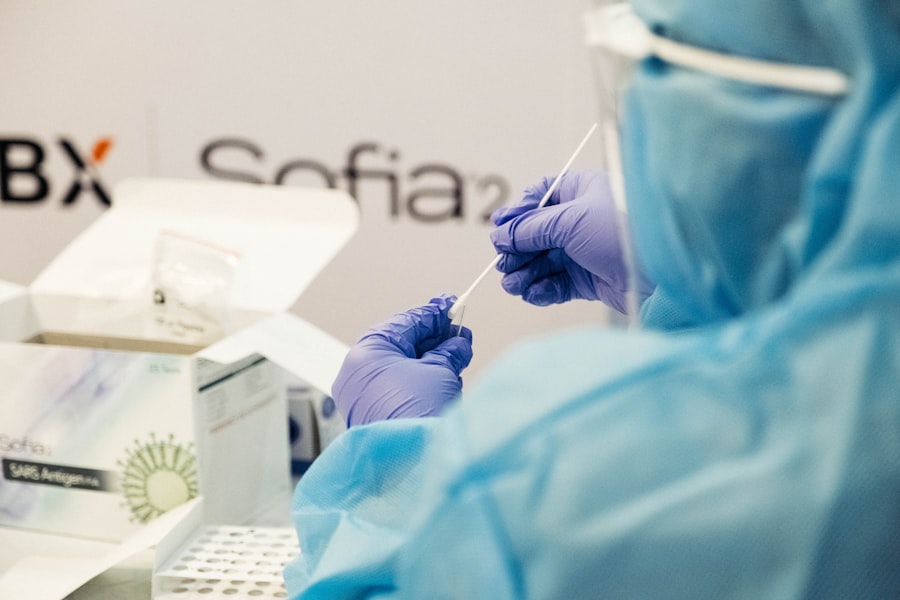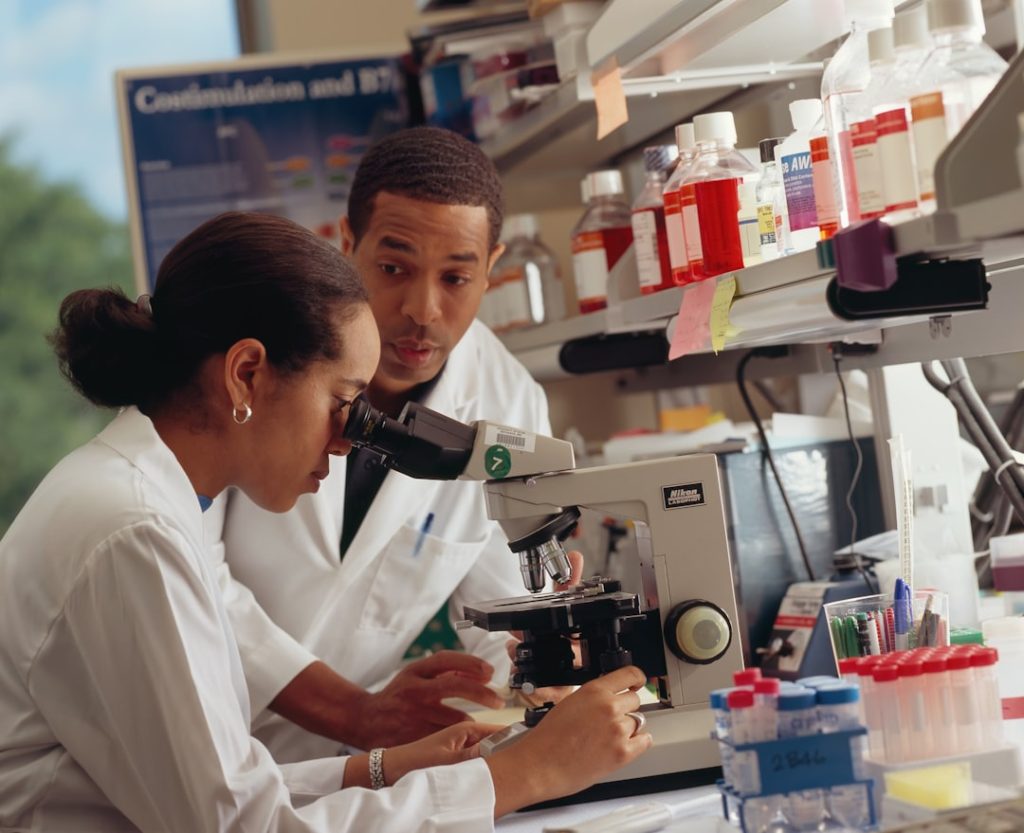Clinical trial monitoring is a critical component of the clinical research process, serving as a bridge between the operational aspects of a trial and the regulatory requirements that govern it. The primary objective of monitoring is to ensure that the trial is conducted in accordance with the protocol, Good Clinical Practice (GCP), and applicable regulatory requirements. Monitors, often referred to as Clinical Research Associates (CRAs), are tasked with overseeing the progress of clinical trials, ensuring that data collected is accurate, and that participant safety is prioritized.
Their role encompasses a variety of responsibilities, including site visits, data verification, and communication with investigators and sponsors. The monitoring process begins with a thorough understanding of the study protocol and the specific objectives of the trial. Monitors must be well-versed in the therapeutic area being studied, as this knowledge allows them to identify potential issues that may arise during the trial.
They are responsible for assessing whether sites are adhering to the protocol and for ensuring that any deviations are documented and addressed promptly. This oversight is essential not only for maintaining the integrity of the data but also for safeguarding the rights and welfare of participants involved in the study. By maintaining a close relationship with site staff, monitors can facilitate effective communication and provide guidance on best practices throughout the trial.
Key Takeaways
- Clinical trial monitoring is essential for overseeing study progress and ensuring protocol adherence.
- Accurate data collection is critical to the reliability and validity of clinical trial results.
- Participant safety and well-being must be continuously safeguarded throughout the trial.
- Compliance with regulatory standards ensures ethical conduct and legal approval of trials.
- Effective monitoring helps identify protocol deviations and manage adverse events promptly, improving research outcomes.
The Importance of Data Accuracy in Clinical Trials
Data accuracy is paramount in clinical trials, as it directly impacts the validity of study results and subsequent regulatory approvals. Inaccurate data can lead to erroneous conclusions about a treatment’s efficacy or safety, potentially resulting in harmful consequences for patients if a drug is approved based on flawed evidence. Therefore, meticulous attention to detail is required at every stage of data collection, from patient enrollment through to final analysis.
This includes ensuring that all data points are recorded correctly, that source documents are complete, and that any discrepancies are resolved in a timely manner. To enhance data accuracy, clinical trial monitors employ various strategies, including source data verification (SDV), which involves comparing data recorded in case report forms (CRFs) against original source documents such as medical records or laboratory reports. This process not only helps to identify errors but also reinforces the importance of maintaining accurate records at the site level.
Additionally, monitors may implement training sessions for site staff to ensure they understand the significance of data integrity and are equipped with the necessary skills to collect and report data accurately. By fostering a culture of accountability and precision, clinical trial monitoring plays a vital role in upholding the quality of clinical research.
Ensuring Participant Safety and Well-being

The safety and well-being of participants are at the forefront of clinical trial monitoring. Monitors are responsible for ensuring that all ethical considerations are addressed and that participants are treated with respect and dignity throughout the study. This includes verifying that informed consent has been obtained properly and that participants are fully aware of their rights, including the right to withdraw from the study at any time without penalty.
Monitors must also ensure that any adverse events or serious adverse events are reported promptly and managed appropriately. In addition to monitoring compliance with ethical standards, CRAs play a crucial role in assessing the overall safety profile of the investigational product. This involves reviewing safety data collected during the trial, including laboratory results, vital signs, and participant-reported outcomes.
By closely monitoring these parameters, CRAs can identify potential safety signals early on and communicate them to the study team and regulatory authorities as needed. This proactive approach not only protects participants but also contributes to the overall credibility of the trial findings.
Compliance with Regulatory Standards and Guidelines
| Regulatory Standard | Compliance Metric | Measurement Method | Target Threshold | Current Status | Last Audit Date |
|---|---|---|---|---|---|
| GDPR | Data Subject Access Request (DSAR) Response Time | Average days to respond | ≤ 30 days | 28 days | 2024-05-15 |
| HIPAA | Incident Response Time | Average hours to resolve security incidents | ≤ 48 hours | 36 hours | 2024-04-20 |
| SOX | Financial Reporting Accuracy | Percentage of error-free reports | > 99% | 99.5% | 2024-03-30 |
| PCI DSS | Vulnerability Scan Compliance | Percentage of systems passing scans | > 95% | 97% | 2024-05-10 |
| ISO 27001 | Policy Review Frequency | Number of policy reviews per year | ≥ 2 | 2 | 2024-06-01 |
Compliance with regulatory standards is a cornerstone of clinical trial monitoring. Regulatory bodies such as the U.S. Food and Drug Administration (FDA) and the European Medicines Agency (EMA) have established stringent guidelines to ensure that clinical trials are conducted ethically and that data generated is reliable.
Monitors must be well-acquainted with these regulations, including GCP guidelines, which outline the responsibilities of sponsors, investigators, and monitors in conducting clinical research. During site visits, monitors assess whether sites are adhering to these regulatory requirements by reviewing documentation related to study conduct, participant consent, and data management practices. They also evaluate whether investigators have received appropriate training and whether they are following established protocols for reporting adverse events.
Non-compliance can lead to significant consequences, including delays in study timelines or even termination of the trial. Therefore, effective monitoring is essential for ensuring that all aspects of the trial meet regulatory expectations, ultimately facilitating a smoother path toward product approval.
Identifying and Addressing Protocol Deviations
Protocol deviations can occur for various reasons during a clinical trial, ranging from administrative errors to unforeseen circumstances affecting participant enrollment or treatment administration. Identifying these deviations is a key responsibility of clinical trial monitors, who must maintain vigilance throughout the study to ensure adherence to the protocol. When deviations occur, it is crucial for monitors to document them thoroughly and assess their potential impact on study outcomes.
Once a deviation is identified, monitors work closely with site staff to address it appropriately. This may involve implementing corrective actions or adjustments to study procedures to prevent similar issues from arising in the future. For instance, if a participant misses a scheduled visit due to unforeseen circumstances, monitors may recommend rescheduling or adjusting follow-up assessments to ensure that data integrity is maintained while still prioritizing participant safety.
By actively managing protocol deviations, monitors help safeguard the validity of trial results while ensuring that participants receive appropriate care.
Monitoring and Managing Adverse Events

Adverse events (AEs) are an inevitable aspect of clinical trials, particularly when investigating new therapies or interventions. Effective monitoring of AEs is essential for ensuring participant safety and for providing valuable insights into the safety profile of investigational products. Monitors are responsible for reviewing reports of AEs submitted by site staff, assessing their severity, and determining whether they are related to the study intervention.
In addition to tracking AEs, monitors must ensure that appropriate reporting procedures are followed in accordance with regulatory requirements. This includes timely reporting of serious adverse events (SAEs) to regulatory authorities and ethics committees as mandated by GCP guidelines. Monitors also play a critical role in facilitating communication between investigators and sponsors regarding AEs, ensuring that all parties are informed about potential safety concerns as they arise.
By maintaining a proactive approach to AE management, clinical trial monitors contribute significantly to participant safety while enhancing the overall quality of clinical research.
Ensuring Data Integrity and Validity
Data integrity is fundamental to the success of any clinical trial; it ensures that findings are credible and can be relied upon for decision-making regarding treatment efficacy and safety. Clinical trial monitors employ various techniques to uphold data integrity throughout the research process. One key method is through regular audits and inspections of site practices, which help identify any discrepancies or areas for improvement in data collection processes.
Monitors also emphasize the importance of electronic data capture systems (EDC) in maintaining data integrity. These systems often include built-in validation checks that help prevent errors during data entry by flagging inconsistencies or missing information. Furthermore, monitors work closely with site staff to ensure they understand how to use these systems effectively while adhering to best practices for data management.
By fostering an environment where data integrity is prioritized at every level of the trial, monitors help ensure that results are both valid and reliable.
The Impact of Effective Clinical Trial Monitoring on Research Outcomes
The impact of effective clinical trial monitoring extends far beyond compliance with regulations; it plays a pivotal role in shaping research outcomes and advancing medical knowledge. When monitoring is conducted diligently, it enhances the overall quality of data collected during trials, leading to more robust findings that can inform clinical practice and policy decisions. For instance, trials with rigorous monitoring processes are more likely to yield results that accurately reflect the safety and efficacy of new treatments.
Moreover, effective monitoring fosters trust among stakeholders involved in clinical research—participants feel assured that their safety is being prioritized, while sponsors can have confidence in the integrity of their data when seeking regulatory approval. This trust is essential for encouraging participation in future trials and for promoting collaboration between researchers, sponsors, and regulatory bodies. Ultimately, effective clinical trial monitoring not only safeguards participants but also contributes significantly to advancing medical science by ensuring that new therapies are developed based on sound evidence.




